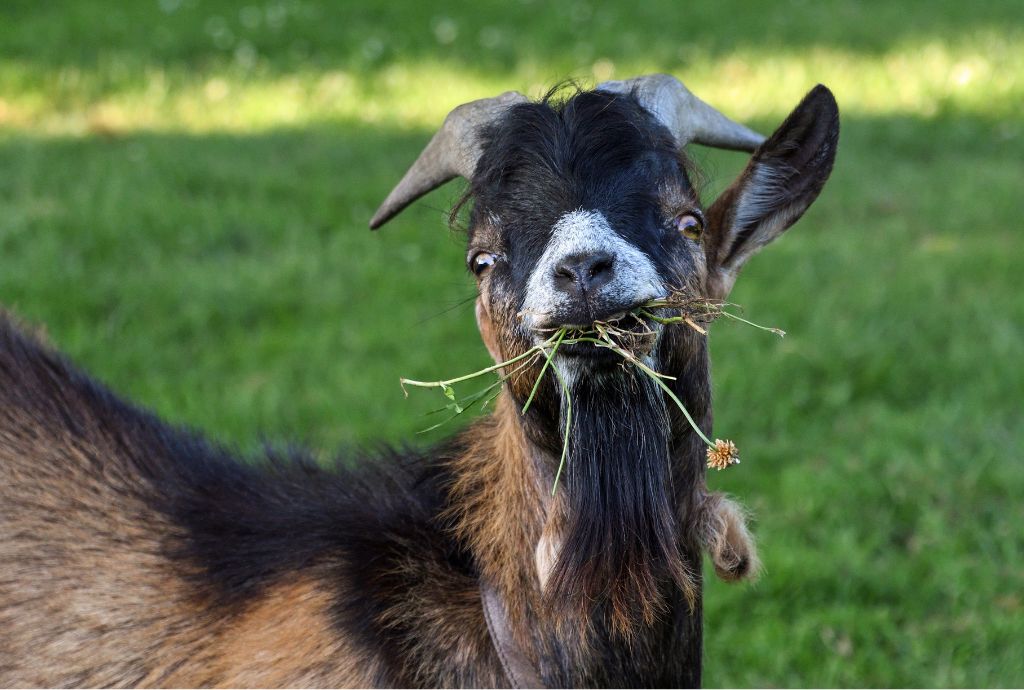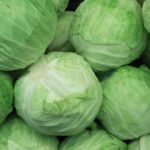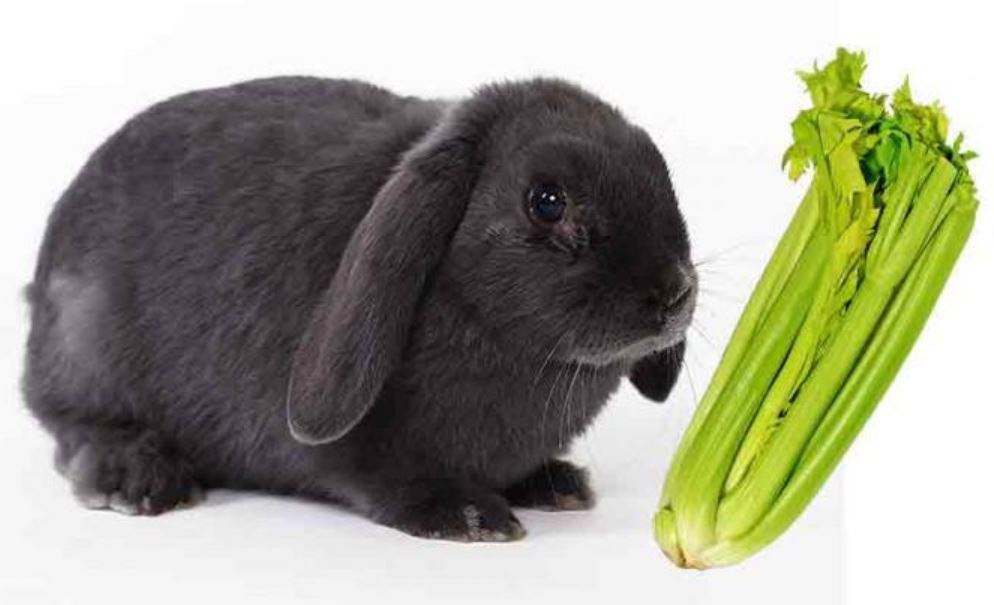
Goats are known for their curious and sometimes voracious appetites, often nibbling on a wide variety of plants and vegetables. As responsible caretakers, it’s essential to know which foods are safe and nutritious for them. One common question that arises is whether goats can eat celery. This crisp, refreshing vegetable is a staple in many human diets, but its suitability for goats requires careful consideration.
Celery is a low-calorie vegetable rich in vitamins and minerals, making it a healthy choice for humans. However, when it comes to feeding goats, it’s crucial to understand their unique dietary needs and digestive systems. In this article, we will explore the benefits and potential risks of feeding celery to goats, providing a comprehensive guide for goat owners who want to ensure the health and well-being of their animals.
Table of Contents
Nutritional Profile of Celery
Vitamins and Minerals
Celery is packed with essential vitamins and minerals that can benefit goats. It is an excellent source of vitamins A, C, and K, as well as folate and potassium. Vitamin A is crucial for maintaining healthy vision, immune function, and skin health in goats. Vitamin C, though not as vital for goats as it is for humans due to their ability to synthesize it, still provides antioxidant benefits that can support overall health. Vitamin K is important for blood clotting and bone health, while folate plays a role in DNA synthesis and repair. Potassium is essential for proper muscle function and electrolyte balance.
Fiber Content
One of the significant benefits of celery is its high fiber content. Fiber is crucial for a goat’s digestive health, aiding in proper digestion and preventing issues such as bloating and constipation. The fibrous nature of celery can help keep a goat’s digestive system running smoothly, promoting overall well-being. However, it’s important to note that too much fiber can sometimes lead to digestive upset, so moderation is key.
Benefits of Feeding Celery to Goats
Hydration and Low-Calorie Treat
Celery is composed of approximately 95% water, making it an excellent source of hydration, especially during hot weather. Providing goats with water-rich foods like celery can help keep them hydrated and maintain their overall health. Additionally, celery is low in calories, making it a suitable treat for goats that need to manage their weight or for those who are prone to obesity.
Dental Health
Chewing on crunchy vegetables like celery can help goats maintain good dental health. The act of chewing helps to naturally wear down their teeth, which continuously grow throughout their lives. Providing goats with hard, fibrous foods can prevent overgrown teeth and related dental issues.
Potential Risks of Feeding Celery to Goats
Digestive Upset
While celery offers numerous benefits, it’s important to introduce it to a goat’s diet gradually. Sudden changes in diet can lead to digestive upset, including diarrhea and bloating. Start with small amounts and observe how your goats react before increasing the quantity.
Pesticide Residue
Conventionally grown celery is known to have high levels of pesticide residue. It’s crucial to wash celery thoroughly before feeding it to your goats or, better yet, opt for organic celery to minimize the risk of pesticide exposure. Pesticides can be harmful to goats, potentially causing various health issues.
How to Feed Celery to Goats
Preparation
Before offering celery to your goats, it’s essential to wash it thoroughly to remove any dirt or pesticide residues. Cut the celery into manageable pieces to prevent choking hazards, especially for younger or smaller goats. While celery leaves are safe and nutritious, it’s a good idea to introduce them gradually to monitor any potential adverse reactions.
Moderation is Key
As with any treat, moderation is essential when feeding celery to goats. While it can be a healthy addition to their diet, it should not replace their primary food sources, such as hay and goat feed. Celery should be offered as an occasional treat rather than a staple food to ensure a balanced and nutritious diet.
Other Safe Vegetables for Goats
Carrots

Carrots are another excellent vegetable to include in a goat’s diet. They are rich in beta-carotene, which is converted into vitamin A in the body, supporting vision and immune health. Like celery, carrots should be given in moderation and introduced gradually.
Cucumbers
Cucumbers are hydrating and low in calories, similar to celery. They can be a refreshing treat for goats, especially in the summer months. Ensure that cucumbers are washed and cut into appropriate sizes to prevent choking.
Squash
Squash varieties, including zucchini and pumpkin, are safe for goats and provide a range of vitamins and minerals. They can be fed raw or cooked and should be introduced slowly to avoid digestive issues.
Conclusion
Celery can be a nutritious and hydrating treat for goats when fed in moderation and properly prepared. Its high water content, essential vitamins, and fiber can benefit goats’ overall health and well-being. However, it’s crucial to introduce celery gradually and ensure it is thoroughly washed to avoid potential digestive upset and pesticide exposure. By incorporating celery and other safe vegetables into a balanced diet, goat owners can support the health and happiness of their animals.



